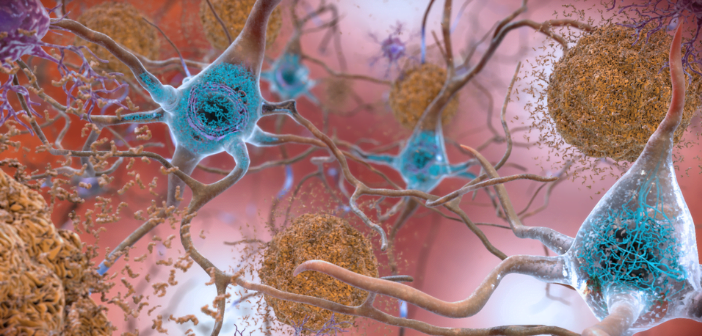Most of us realize that excessive “terrible” ldl cholesterol levels in our blood can boost our risk of developing cardiovascular issues. Now, a brand new take a look at gives us some other purpose to hold cholesterol levels in taking a look at. High ldl cholesterol can also improve early-onset Alzheimer’s disease, a study crew has determined. This uncommon form of dementia can strike humans between their mid-30s and mid-60s. Previous research has connected early-onset Alzheimer’s to complicated genetic mutations; however, these chance elements are best defined in 10 percent of cases.

That left the large majority of early-onset Alzheimer’s instances a thriller. But new studies posted this week in JAMA Neurology may offer a few answers. A group of researchers at the Atlanta VA Medical Center and Emory University has related early onset Alzheimer’s to elevated degrees of LDL cholesterol — or low-density lipoproteins, now and again called the “awful” kind of cholesterol. Researchers say that people observed with high degrees of LDL cholesterol have been much more likely to have early-onset Alzheimer’s disorder than people with lower cholesterol levels.
LDL Lowdown
LDL cholesterol is a form of fat in the blood that could increase in arteries. Over time, those plaques can slim roadways and increase the chance of coronary heart assaults, strokes, and other cardiovascular troubles. But wholesome levels of cholesterol may be important for brain fitness, too. Previous research has linked high cholesterol to an extended risk of growing the extra, not unusual, late-onset form of Alzheimer’s. But it wasn’t understood if there has also been a connection between cholesterol and the early-onset form of the ailment, which influences around 2,000 human beings in the United States. To explore the affiliation among ldl cholesterol, genes, and early-onset Alzheimer’s, researchers analyzed blood samples and DNA from more than two hundred people. More than 650 people have been recognized with early-onset Alzheimer’s.
The researchers found that around 10 percent of people in their study with early-onset Alzheimer’s had a version of the APOE gene, which aligns with previous research. The variation, referred to as APOE E4, is understood to elevate levels of circulating ldl cholesterol and has been tied to past-due-onset Alzheimer’s instances properly. At least one of three known genetic mutations — APP, PSEN1, and PSEN2 — had been observed in around three percent of individuals with early-onset Alzheimer’s.
Elevated Risk
However, the threat component involved in the giant majority of early-onset Alzheimer’s instances has been expanded LDL levels of cholesterol. Even after accounting for the APOE gene variation, the threat between LDL LDL cholesterol and Alzheimer’s remained. This suggests that high LDL cholesterol could reduce growth hazard for the sickness, the researchers said.
No link was determined between Alzheimer’s and HDL LDL cholesterol, considered the “appropriate” type of LDL cholesterol. A mild affiliation was visible with the triglyceride stage, another fat discovered inside the bloodstream. Although the study affords new insight into the reasons for this complex situation, greater research is needed to completely comprehend the link between the sickness and LDL cholesterol.
